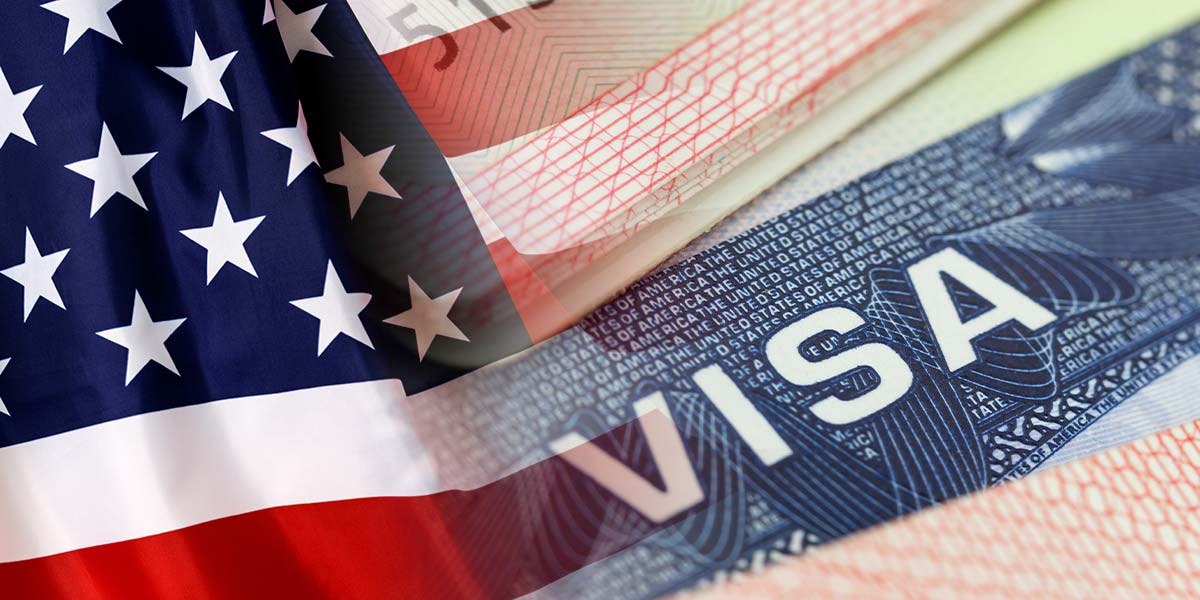The Trump administration on Friday announced the introduction of a $100,000 annual fee for companies employing workers on H-1B visas, a move that has quickly reverberated throughout Silicon Valley.
The decision marks the administration’s most sweeping reform to temporary work visa programs to date and threatens to upend the technology sector’s long-standing reliance on highly skilled overseas workers, particularly from India and China.
Since his inauguration in January, President Donald Trump has launched a far-reaching crackdown on immigration, targeting both undocumented and legal entry into the U.S. The overhaul of the H-1B program is seen as a cornerstone of these efforts, underscoring the administration’s resolve to prioritize American workers.
Commerce Secretary Howard Lutnick underscored the new policy by encouraging U.S. employers to focus on hiring and developing talent from recent American university graduates, rather than recruiting skilled foreign workers.
In response to the sudden announcement, leading technology firms including Microsoft, Amazon, and JPMorgan have advised employees currently in the United States on H-1B visas not to travel abroad.
The H-1B visa program has long sparked heated debate. Critics contend it is exploited to depress wages and limit opportunities for American workers, while supporters, such as Tesla CEO Elon Musk, maintain that it is essential to address domestic skills shortages and maintain U.S. competitiveness.
The executive order signed by President Trump on Friday cites cases where companies have taken advantage of the visa system to undercut wages, disadvantaging domestic employees.
Between 2000 and 2019, the population of foreign workers in science, technology, engineering, and mathematics (STEM) professions in the U.S. more than doubled to almost 2.5 million, the order notes, even as total STEM employment rose 44.5% during the same period, according to the government.
Notably, the substantial increase in costs could significantly impact smaller tech companies and start-ups, potentially forcing some high-value projects offshore, stated critics. While the specifics of administering the new fee remain unclear, analysts suggest the measure could erode America’s advantage in innovation and competitiveness, particularly in the rapidly evolving artificial intelligence sector.





